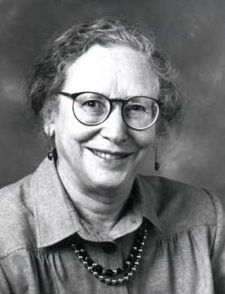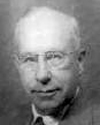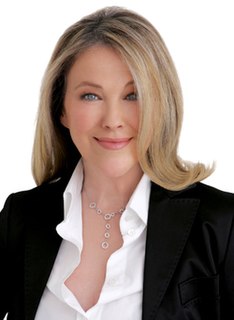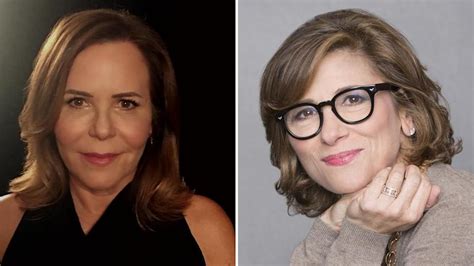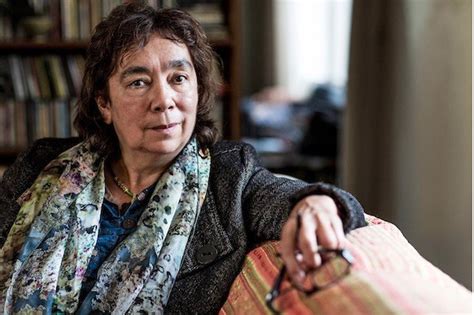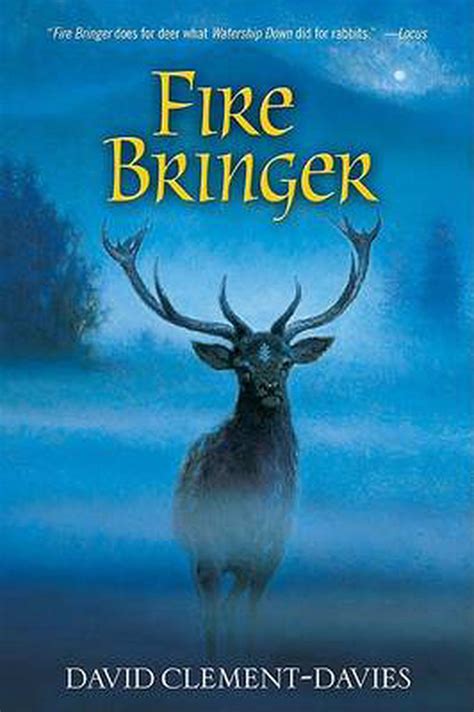A Quote by Carolyn Heilbrun
Power consists to a large extent in deciding what stories will be told.
Related Quotes
Each of us is comprised of stories, stories not only about ourselves but stories about ancestors we never knew and people we've never met. We have stories we love to tell and stories we have never told anyone. The extent to which others know us is determined by the stories we choose to share. We extend a deep trust to someone when we say, "I'm going to tell you something I've never told anyone." Sharing stories creates trust because through stories we come to a recognition of how much we have in common.
Not stories told by wolf or man to frighten children, of Wolfbane and of werewolves, of grasht and goblins and of silly vampires, fables to frighten cowards with the threat of evil and of sin. But the power that lives beyond those stories, and makes them strong indeed, that lives in nightmares and in sleep. That is ribbed into the very fabric of conscious being. The power of love and hate.
In the popular arena, one can tell ... that the average man ... imagines that an industrious acquisition of particulars will render him a man of knowledge. With what pathetic trust does he recite his facts! He has been told that knowledge is power, and knowledge consists of a great many small things.
